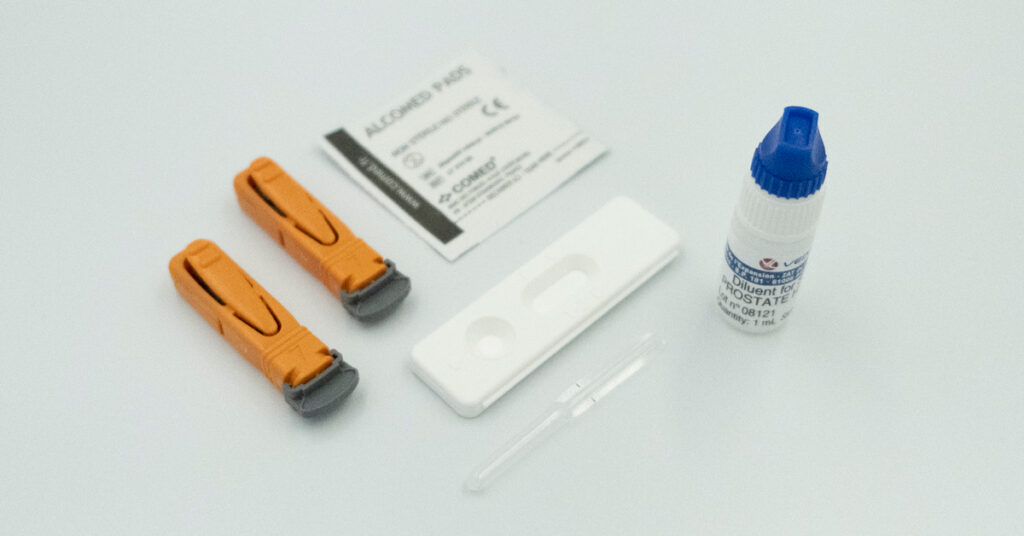Hyperglycemia, or high blood sugar, most commonly occurs in people with diabetes. High blood sugar primarily occurs when your body is not producing enough insulin. High blood sugar can also happen when your body cannot absorb insulin properly or is entirely resistant to insulin.
However, hyperglycemia is not just a problem for those with diabetes; it can also happen in people who do not have diabetes. It can also occur when you are under stress or ill as the hormones that your body produces to fight off illness can raise your blood sugar levels.
Suppose your blood glucose levels are consistently higher than usual and are left untreated. In that case, this can lead to serious health complications such as problems with your cardiovascular system, nerves and vision.
What are the most common symptoms of high blood sugar?
Symptoms of high blood sugar tend to develop over time, and you may not experience them until your levels are exceptionally high. So it can be a while before you realise something is seriously wrong.
The first symptoms you may notice include:
- blurred vision
- fatigue
- headaches
- increased thirst
- increased need to pee
The longer your high blood sugar levels are left untreated, the more serious the symptoms can become as toxic acids can start to build up in your blood or urine.
More severe signs of high blood glucose levels include:
- abdominal pain
- dry mouth
- nausea
- shortness of breath
- vomiting
What causes high blood sugar levels?
Your diet can be the leading cause of high blood sugar levels, especially if you have diabetes, with carbohydrate-heavy foods such as bread, pasta and rice raising your blood sugar levels.
During digestion, your body breaks carbohydrate-heavy foods down into sugar molecules, including glucose – an energy source for your body. Glucose is absorbed into your bloodstream after you have eaten.
This glucose cannot be absorbed without the help of the insulin hormone. If your body is resistant to the effects of insulin or can’t produce enough insulin, then glucose can build up in your bloodstream and cause hyperglycaemia.
Risk factors that can affect your blood glucose levels
As we have mentioned above, high blood sugar levels can affect anyone -regardless of whether they have diabetes or not.
You may be at risk of high blood sugar levels if you:
- are under emotional distress
- have a chronic or severe illness
- have had a recent surgery
- lead a sedentary or inactive lifestyle
- use certain medications, such as steroids
If you have diabetes, your blood sugar levels may also shoot up if you:
- don’t follow your eating plan
- don’t take your medications correctly
- don’t use your insulin correctly
How can I check my blood sugar levels at home?
If you want to check if your blood sugar levels are higher than usual, then at-home testing can be an excellent way for you to do this conveniently and quickly in the privacy of your home.
Test2Go’s blood glucose test can help identify if your blood sugar is within the normal range in the comfort of your own home.
If your reading is outside the average level, you should contact your doctor to discuss this with them.
Can high blood sugar levels be treated?
The first step in getting your blood sugar levels down will usually be a low-impact exercise program or an increased level of activity overall.
Your doctor may also suggest that you reduce glucose-rich food intake by maintaining a balanced diet and sticking to healthy food portions.
If these two approaches don’t work, your doctor may prescribe medication.
Buy an At-Home Blood Glucose Test
Further Reading
- NHS – Hyperglycaemia (high blood sugar)
- Diabetes UK – Hyperglycaemia (Hyper)
- National Institute for Health and Care Excellence (NICE – When should I suspect a hyperglycaemia emergency?











